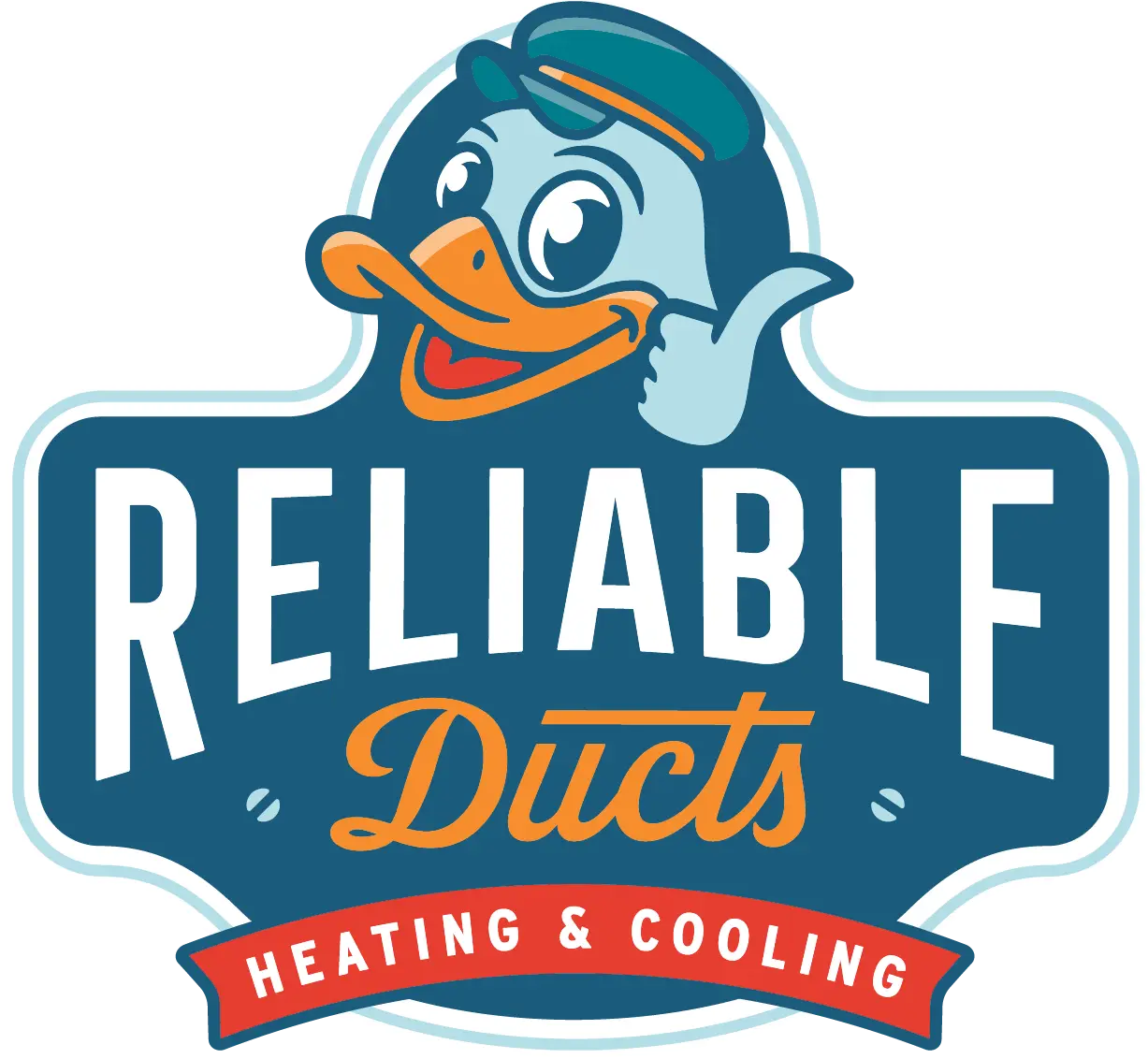Don’t Sweat It! Your Guide to Year-Round HVAC Care
[vc_row][vc_column][vc_column_text]Living in Jacksonville, FL, means dealing with a hot, humid climate for much of the year. To stay comfortable, a reliable HVAC system is essential. This guide from Reliable Ducts will provide you with year-round HVAC care tips, covering everything from air conditioning repair to heating maintenance. By following these tips, you can ensure your […]
Understanding the Impact of Low Refrigerant in Your Air Conditioning System
[vc_row][vc_column][vc_column_text]As the summer heat bears down, a properly functioning air conditioning (AC) system becomes indispensable for indoor comfort. However, when faced with issues such as low refrigerant levels, the efficacy of your AC unit may be compromised. This article delves into the causes, symptoms, and implications of low refrigerant in AC systems and the necessary […]
Energy-Efficient HVAC Upgrades in Fernandina with Reliable Ducts
[vc_row][vc_column][vc_column_text]In Fernandina, FL, where the climate ranges from warm summer breezes to cooler winter nights, an energy-efficient HVAC system is key to maintaining year-round comfort in an eco-friendly manner. Reliable Ducts HVAC Repair specializes in energy-efficient HVAC solutions that not only reduce your environmental footprint but also lower your energy bills and enhance indoor comfort. […]
Beat the Heat in Jacksonville Beach, FL with Reliable Ducts HVAC Help
[vc_row][vc_column][vc_column_text]The scorching heat of Jacksonville Beach, FL, can be unbearable without a properly functioning air conditioning system. Reliable Ducts is here to help with comprehensive HVAC services, including air conditioning repair, installation, and maintenance. Let’s explore how we can keep you cool and comfortable this hot season. Prompt Air Conditioning Repair Services When […]
The Role of HVAC Systems in Improving Air Quality in Atlantic Beach Homes
[vc_row][vc_column][vc_column_text]Maintaining fresh air in your home is not just about comfort; it’s about health and well-being. In Atlantic Beach, FL, where the weather can be extreme, HVAC systems are crucial for ensuring that your indoor environment remains fresh and healthy. Here’s why HVAC systems are essential for maintaining fresh air in your home and how […]
Understanding the Complexity of Home Ductwork Installation
[vc_row][vc_column][vc_column_text]Installing new ductwork in a home is a significant undertaking that can vary widely in complexity depending on several critical factors. Whether you’re building a new home, undertaking major renovations, or simply updating your HVAC system, understanding the challenges of installing new ductwork can help you prepare for the project. This guide will delve into […]
Breathe Easier with Expert HVAC Cleaning by Reliable Ducts in Yulee
[vc_row][vc_column][vc_column_text]Keeping your HVAC system clean is key to maintaining a comfortable and healthy home environment, especially in Yulee where the weather can put high demands on your heating and cooling systems. Reliable Ducts is here to help with professional HVAC cleaning services designed to improve your system’s performance and air quality. Benefits of Professional […]
Understanding BTU: The Key to Efficient HVAC Systems
[vc_row][vc_column][vc_column_text]When it comes to heating, ventilation, and air conditioning (HVAC) systems, one term you’ll often encounter is BTU. But what exactly does BTU mean, and why is it crucial for your HVAC system’s efficiency? Let’s delve into the world of BTUs to gain a better understanding. What is BTU? BTU stands for British […]
Beat the Heat in Ponte Vedra Beach, FL with Reliable Ducts HVAC Help
[vc_row][vc_column][vc_column_text]The hot season in Ponte Vedra Beach, FL, can be brutal without a reliable air conditioning system. Reliable Ducts offers comprehensive HVAC help, including air conditioning repair, installation, and maintenance, to help you beat the heat. Here’s how our HVAC services can keep you cool and comfortable this summer. Quick and Reliable Air Conditioning […]
Breathe Easy & Save Money: The Power of Regular HVAC Maintenance
[vc_row][vc_column][vc_column_text]In Jacksonville, regular maintenance is key to keeping your home comfortable year-round and ensuring your system runs efficiently. In this blog, Reliable Ducts will explain the many benefits of routine HVAC maintenance, including improved air quality and significant cost savings. Whether you’re looking for air conditioning repair near me or tips on maintaining your heating […]
